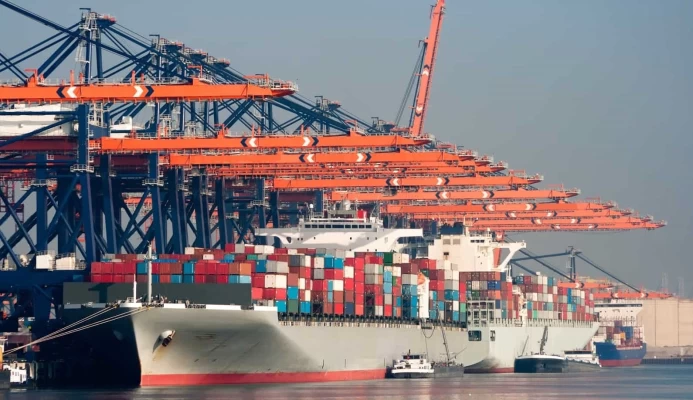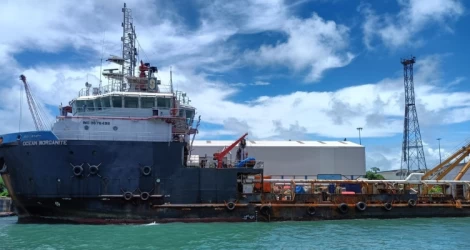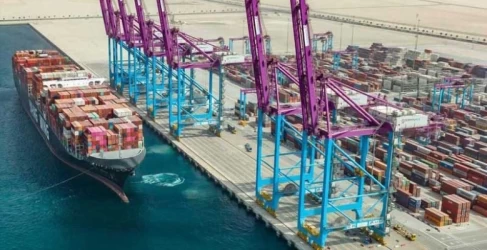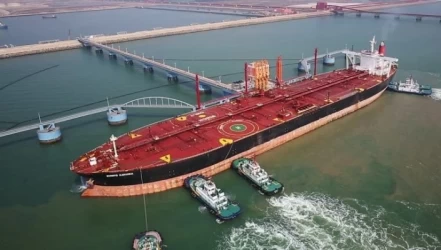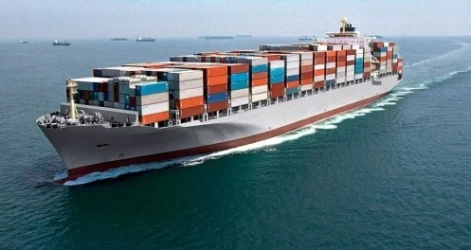Sea freight in the port of Rotterdam
The Port of Rotterdam is the largest port in Europe and one of the most significant maritime hubs in the world. Strategically located in the Netherlands, this port plays a vital role in international trade by offering advanced infrastructure, comprehensive transport capabilities, and access to key global markets. In this article, we will explore the history of the Port of Rotterdam, its infrastructure, global connections, customs services, environmental projects, and the challenges it faces.
History and Geographical Location of the Port of Rotterdam
Situated at the mouth of the Maas River near the North Sea, the Port of Rotterdam has been a crucial trading center in the Netherlands since the 14th century. With its direct connection to Europe’s inland waterways and proximity to major cities like Amsterdam, Brussels, and Paris, Rotterdam serves as a key hub in the global supply chain. Over the years, the port has undergone significant expansion, becoming one of the world’s busiest and most technologically advanced maritime hubs.
Infrastructure and Transport Capabilities
The Port of Rotterdam covers 40 kilometers of port facilities and boasts highly advanced container terminals capable of handling millions of TEUs (Twenty-foot Equivalent Units) annually. In addition to its container capacity, the port is equipped to handle bulk cargo, oil, gas, and industrial raw materials. One of the most remarkable features of the port’s infrastructure is the use of automated cranes, digital tracking systems, and carbon-neutral terminals that optimize operations and enhance efficiency in cargo handling.
International Connectivity
As a global maritime gateway, Rotterdam connects to over 1,000 ports worldwide. It serves as the main entry point for imports and exports in Europe, linking ocean freight with rail, road, and inland waterway networks. This strategic position not only makes Rotterdam a central node for European trade but also a key player in global supply chains.
Customs Services and Logistics
One of Rotterdam’s key strengths is its efficient customs and logistics operations. Digital and automated customs processes significantly reduce the time required for unloading, loading, and clearing goods, which minimizes transportation costs. The port offers a wide range of logistics services, including advanced warehousing, real-time cargo tracking, and electronic customs clearance, making it one of the fastest and most cost-effective ports for international shipments.
Environmental Projects and Sustainability
The Port of Rotterdam is also at the forefront of sustainable development. The port has initiated several environmental projects aimed at reducing its carbon footprint. These initiatives include the adoption of renewable energy sources, decreasing greenhouse gas emissions, and investing in green infrastructure. Additionally, the port is focused on promoting clean fuel alternatives for maritime transport, contributing to the global effort to minimize the environmental impact of shipping.
Challenges and Opportunities
Despite its advanced infrastructure and strategic location, the Port of Rotterdam faces competition from other European ports such as Hamburg and Antwerp. Furthermore, global trade uncertainties and evolving policies present challenges for maintaining its leading position. However, opportunities such as expanding trade routes to Central Asia and China, as well as continued investment in innovative transport technologies, offer promising growth potential for Rotterdam in the future of international trade.
Conclusion
With its state-of-the-art infrastructure, extensive global connections, and commitment to sustainable development, the Port of Rotterdam stands as one of the most critical maritime hubs in the world. Its capacity to handle vast volumes of cargo, coupled with efficient logistics services, makes it a prime choice for companies seeking to optimize their global supply chains. As it continues to embrace innovative technologies and environmental practices, Rotterdam is set to remain a pivotal player in global trade for years to come.
If you have any specific questions or need further assistance, feel free to ask!

